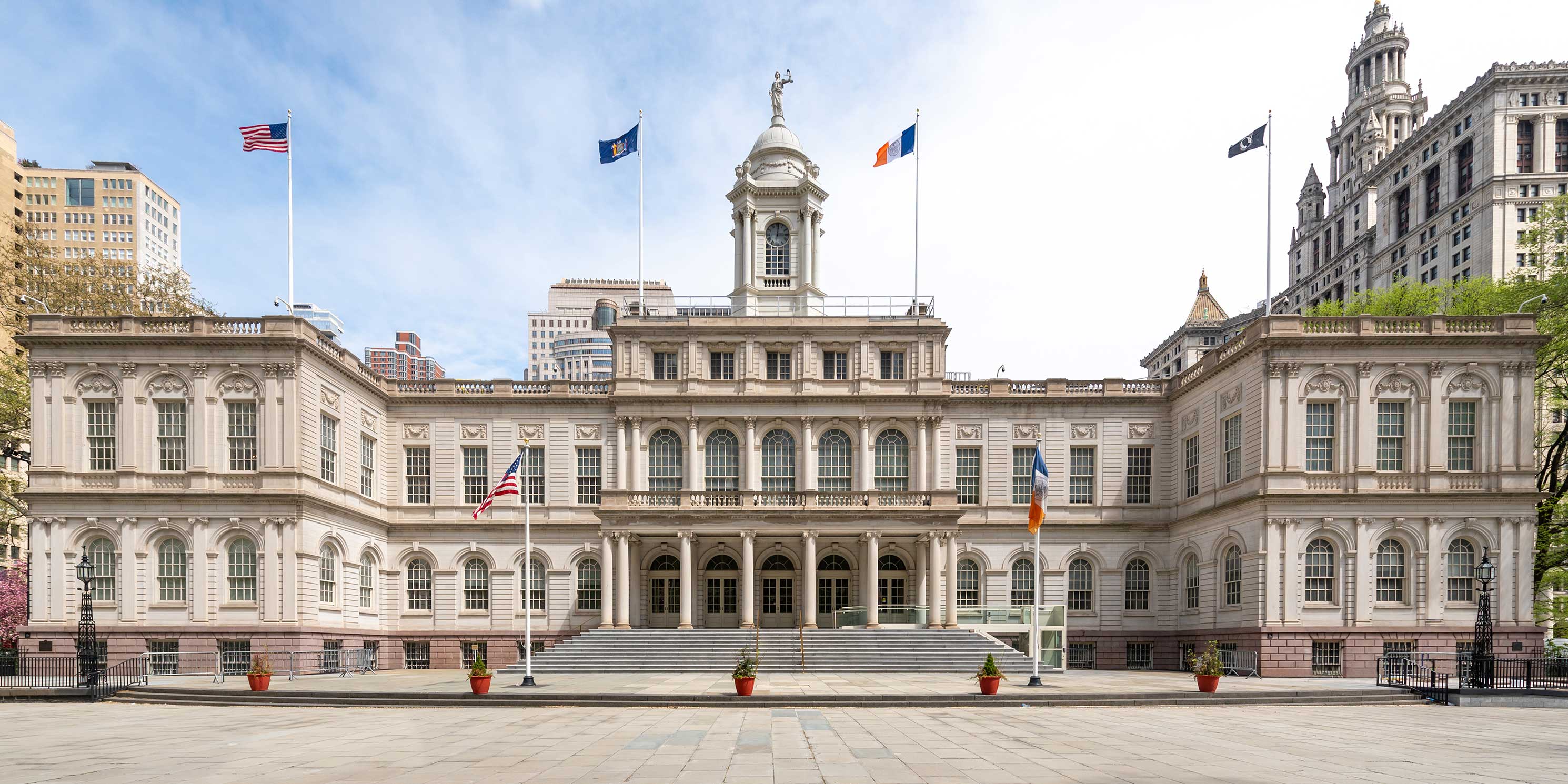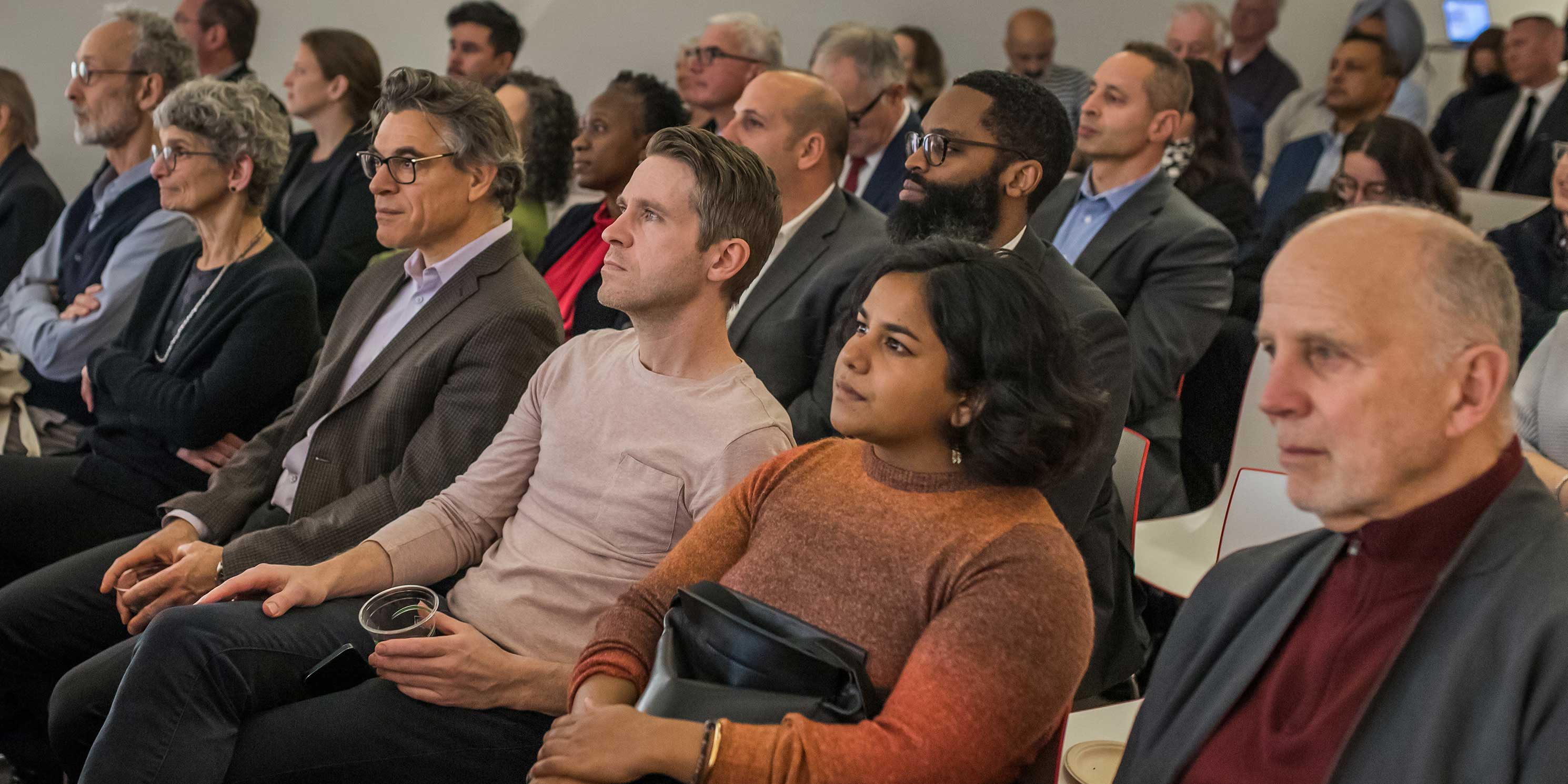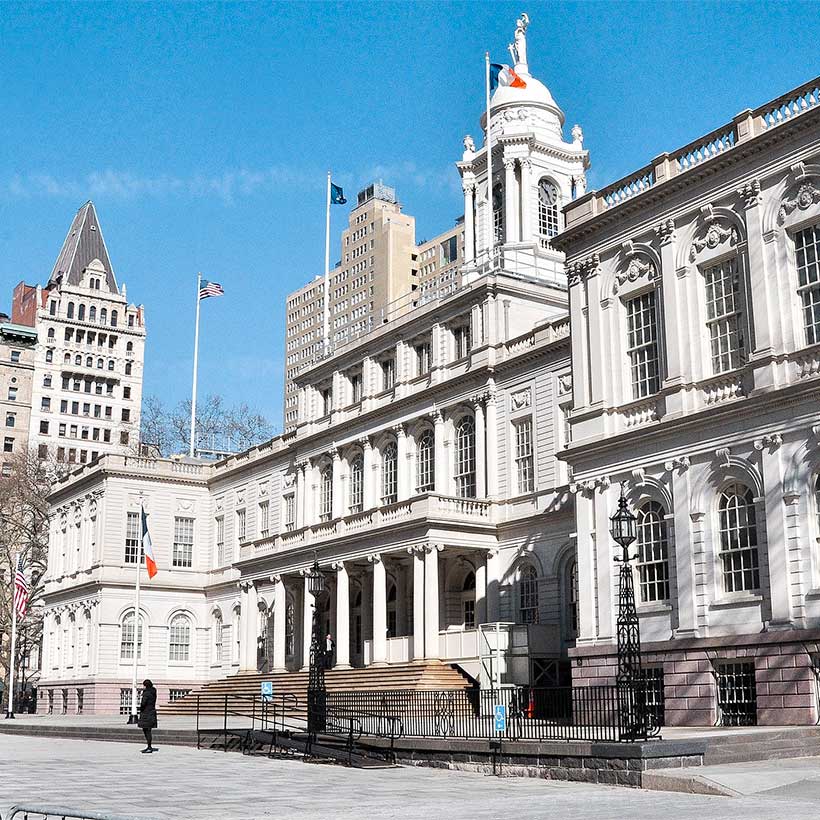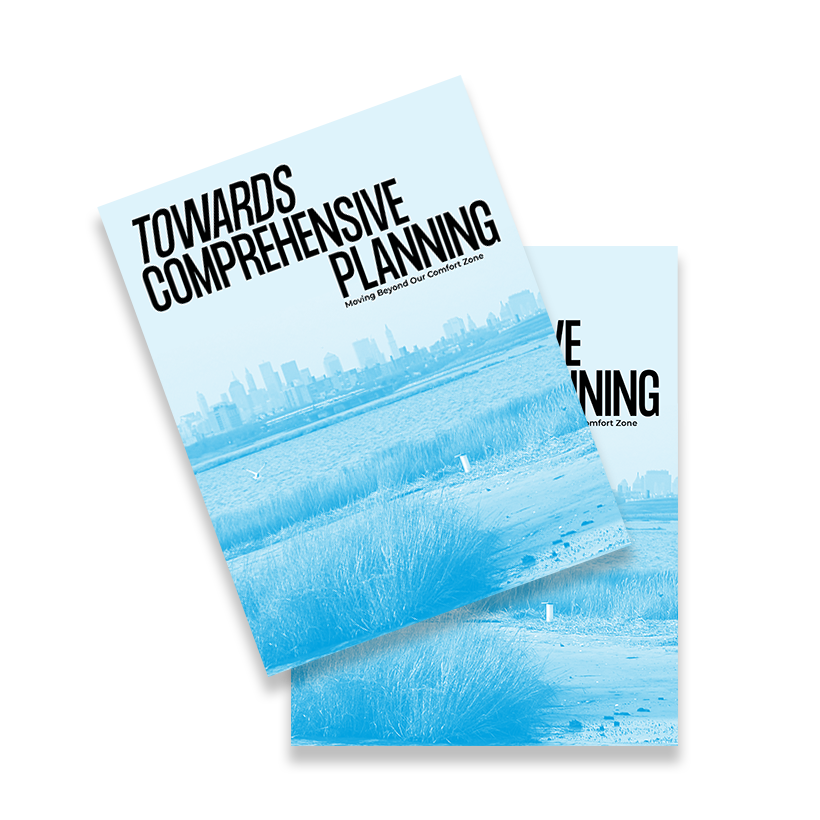Initial Comments on ULURP Reforms for NYC Mayoral Charter Revision Commission Consideration
Attn: Mr. Richard R. Buery, Jr. Chair, New York City Charter Revision Commission (NYC CRC)
CC: Alec Schierenbeck, executive director, NYC CRC
Kathleen Schmid, MOCEJ and NYC CRC staff
Delivered: via email
Re: The Municipal Art Society of New York’s Comments on Proposed ULURP Reforms for NYC Charter Revision Commission Consideration
Dear Mr. Buery, Jr. & Members of the NYC CRC:
In addition to our support of comprehensive planning, for which The Municipal Art Society of New York (MAS) has submitted draft text for CRC’s review via the Thriving Communities Coalition (TCC), MAS appreciates the opportunity to share reform ideas for the Uniform Land Use Review Procedure (ULURP) pending the CRC’s publication of draft recommendations. In general, MAS agrees that the ULURP process must be amended to reduce cost, time, and risk for both applicants and the City. At the same time, the CRC should identify ways in which ULURP reform can better improve community engagement. MAS looks forward to continuing our collaboration with CRC staff to explore ways in which the procedure can be right sized across both time and procedure.
After reviewing insights and recommendations shared during the public input period, MAS has identified several proposals we strongly support, as well as ideas we believe would do little to improve the ULURP process and could have negative or unintended consequences. Our specific comments and concerns are outlined below.
MAS strongly supports CRC efforts to address the following:
1. Shortening the ULURP Timeline and Increasing Efficiency: MAS endorses reforms that significantly enhance procedural efficiency, reduce delays, and improve transparency. Potential reforms worth further exploration include:
● Conducting concurrent reviews by Community Boards (CB) and Borough Presidents (BP).
● Reducing the amount of time granted to each reviewing body to evaluate an application, but to no less than 30 days, and with capacity building and support to CBs to meet a reduced timeframe, if required
● Establishing a formal pre-certification phase and/or opportunity for engagement between the City Planning Commission (CPC), CB, and BP, which could both streamline later review phases and minimize unexpected negative feedback later in the process.

2. Discouraging Member Deference as a Barrier to Essential Development: While member deference has value in promoting local advocacy, it has also been legitimately criticized for enabling resistance to necessary development, compelling local CC members to yield to vocal, anti-development minorities. This issue disproportionately impacts underdeveloped districts where increased housing is both viable and urgently needed. Potential reforms to mitigate unrepresentative, late-stage vetoes include:
● Exploring an alternative order of reviews, such as by shifting CC review prior to BP review or having them happen concurrently with collaborative dialogue.
● Establishing an appeals panel comprised of representatives from CPC, the relevant CB, BP, and the CC Speaker.
3. Reevaluating the Scope of Actions Requiring Full ULURP: Section 197-c(a) of the Charter currently lists twelve categories requiring ULURP review, some of which albeit regularly bypass review pursuant to CPC rulemaking authority. Examples of reforms worth exploring further to modernize and streamline ULURP include:
● Establishing a transparent process for regular CPC reevaluation of the actions subject to ULURP review, to remove those which are outdated and incorporate new, relevant categories as they emerge.
● Allowing CPC final decision-making authority on a selection of smaller-scale or CPC-determined low-impact projects.
● Encouraging CPC to classify more projects as minor modifications (i.e., modifications of Special Permits subject to CPC approval) thereby reducing unnecessary administrative burdens and mitigating the volume of projects going through ULURP review.
MAS strongly advises against the following ideas that we believe will negatively impact New Yorkers and/or are better addressed through policy frameworks outside Charter reform:
1. Expediting Disposition of City-Owned Property: MAS has significant concerns about proposals advocating incentivized disposition of City-owned property merely to expedite short-term development. Disposing of land prematurely compromises the City’s long-term flexibility and control, weakening its ability to leverage these assets effectively to achieve broader housing and climate goals in the future. MAS urges the City to prioritize retention and strategic use of publicly owned land rather than continuing a pattern of disposition that ultimately diminishes public power and long-term potential.
2. Fast-Tracking Reviews for Housing: While MAS recognizes the urgent need for affordable housing, circumventing the ULURP process to fast-track projects of a certain use, program, or scope, risks inadequate community input, incomplete impact assessments, and diminished project quality. MAS emphasizes a balanced approach, advocating instead for ULURP reforms to enhance efficiency and responsiveness for all project types rather than increasing exemptions that bypass thorough public review. To note: MAS also urges against introducing abbreviated time limits on the application and pre-certification process (e.g. a 90-day clock), as other cities that have introduced this have had processes that result in both lower quality projects and ultimately more quick-decision rejections.
3. Centralizing Decision-Making Authority: MAS strongly opposes consolidating ULURP decision-making exclusively within the mayor or CC. Such centralization would severely weaken ULURP’s foundational checks and balances, reduce transparency, and dilute ULURP’s intent as a public land use process.
Thank you for your consideration of the recommendations and concerns outlined above. We look forward to continued engagement as the Charter Revision Commission review process moves forward.
Sincerely,

Keri Butler
Interim President
Municipal Art Society of New York (MAS)


